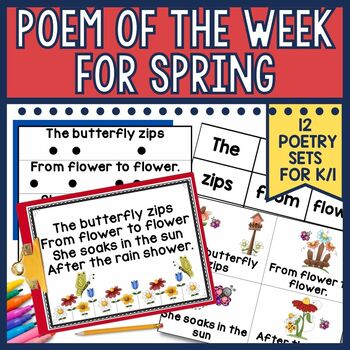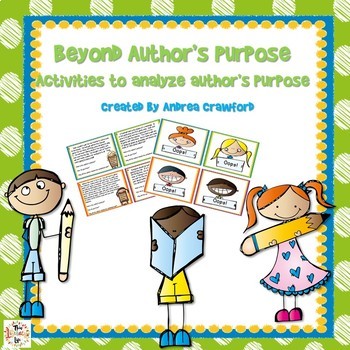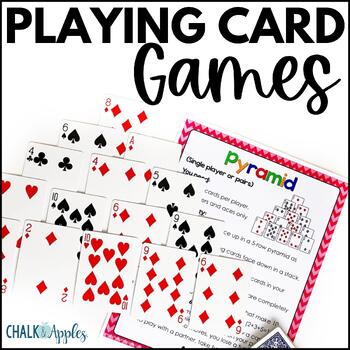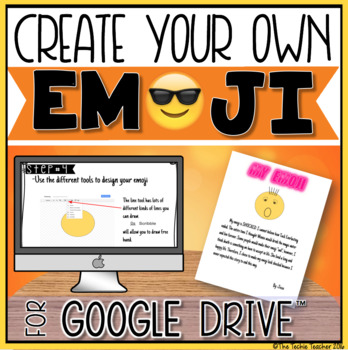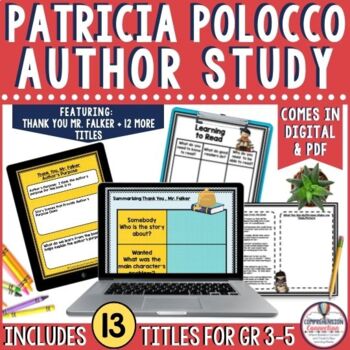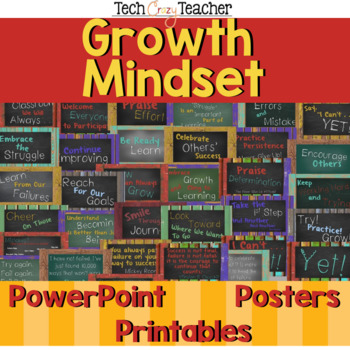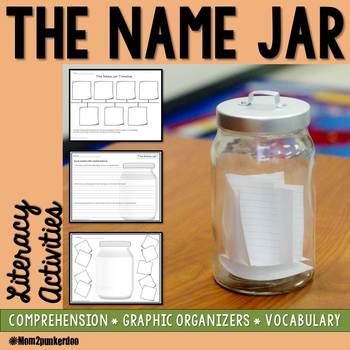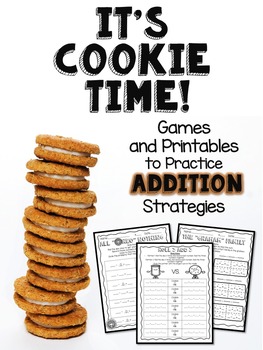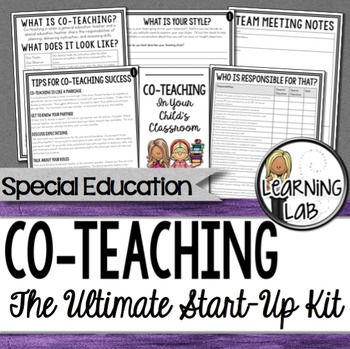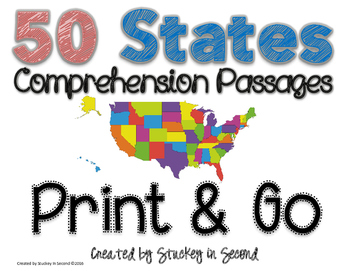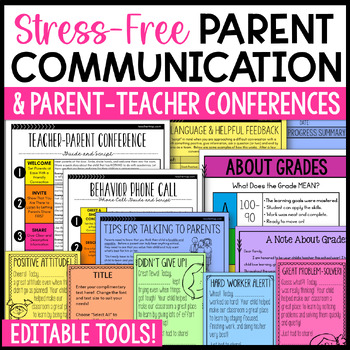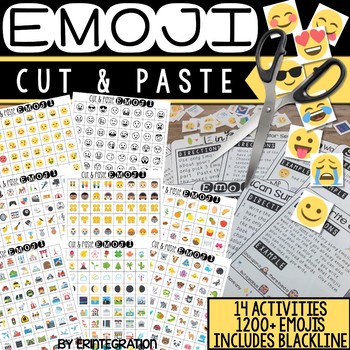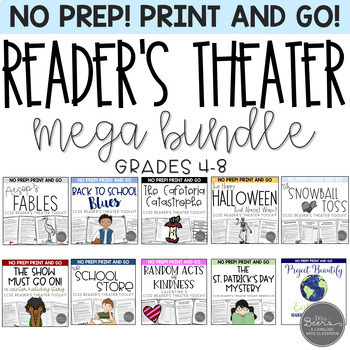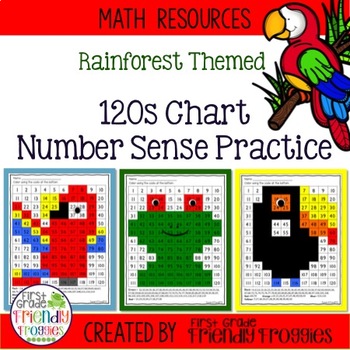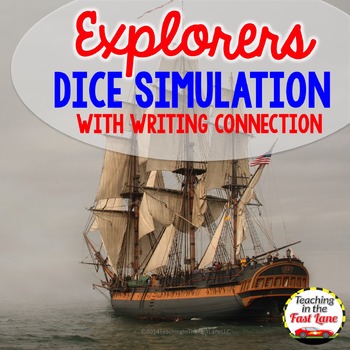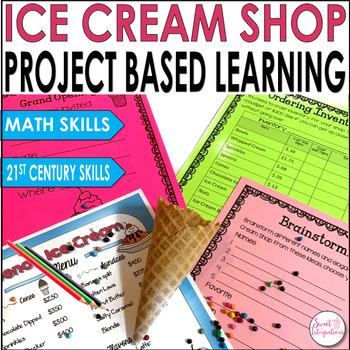"Didn't we just study poetry and write poems last year?"
I know, music to your teacher ears, right?
I have no idea what it is about poetry, but as soon as the "P" word comes out of my mouth, negative connotations fly from the mouths of my students. Since April is National Poetry Month, I wanted to share some tried and true ways that I have found effective for engaging my reluctant upper elementary poets and turning them from poetry pessimists to poetry enthusiasts.
One essential of teaching poetry and making it as high interest as possible for my big kids is having as many poetry resources as I can acquire embellishing the classroom. I want my students to see poetry everywhere and have the opportunity to grab any book that looks remotely exciting. If they aren't exposed to poems of all sorts, how can they learn to LOVE it? To ensure my students observe poetry everywhere, I stock my books shelves, place books on chalk board ledges, and fill book baskets with poetry resources.
One novel study that I incorporate into my poetry instruction is Love That Dog by Sharon Creech. If you have never read this book, go get it. It is a free verse novel that your poetry-despising students will connect with and love. Jack, the narrator, hates poems and wants nothing to do with writing them. The novel is his poetry journal and analysis of poems shared by his teacher, Miss Stretchberry as she convinces him that poetry isn't so awful to read and write. My students can relate to Jack and truly connect to this poetry-filled novel. You can move on to Hate That Cat next!
In the image my students are working on their response journal for Love That Dog. They take on the role of Miss Stretchberry and work to encourage Jack's work with poetry. Through this experience my students are responding to text, analyzing poetry, and sharing their thoughts and ideas with one another to enhance their writing, speaking, and listening.
In my district there has always been a great deal of collaboration with different grade levels. Because poetry is a focus in high school, one of my favorite collaborations is when former students of mine create and implement a poetry lesson for my 6th graders as an assignment in their 11th grade English class. My students LOVE learning from these BIGGER kids and it is awesome to see my former students take on this instructional leadership role.
In the image above, the 11th graders are sharing a poem and the different poetic devices found in the poem. The ultimate goal was for my 6th graders to use the poem as inspiration to write their own poem that had the three poetic devices they learned about.
The poetry lesson was a hit and engaged all of the students involved. While you don't have to enlist high school students to be the teachers and could incorporate your own students to take on instructional roles, it was a fun instructional approach. While it can be tricky to have such diverse levels of students come together and coordinate their learning outcomes, it was poetry fun that my students won't forget.
The last way I connect my students with poetry is by NOT making them write poems. Exposing them to a variety of poems is essential and will often inspire poetic writing to flow, but when it is MANDATED, they struggle. By working on our poetry analysis, sharing songs, books filled with poems, and other free verse writing, my students get a wonderful poetry experience without the pressure of developing their own poems.
If you would like to get started or reinvigorate the work you do with poetry in your classroom, click the image to grab this FREEBIE...



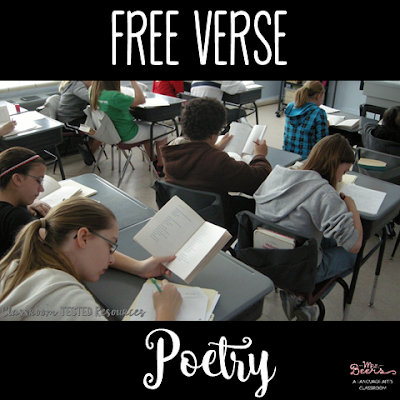

























.JPG)
.JPG)
.JPG)
.JPG)


